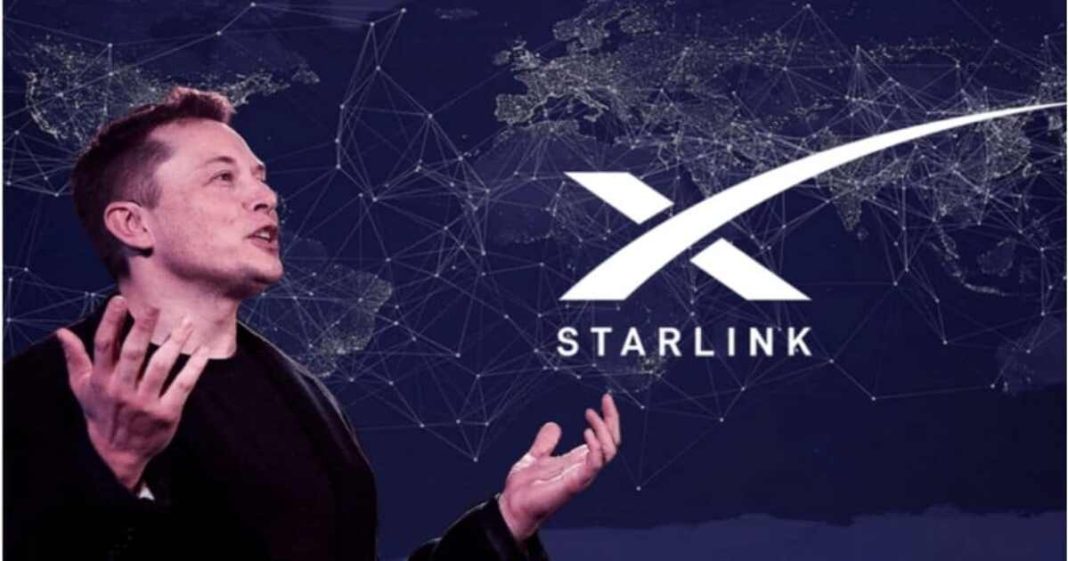Pakistan is negotiating with Starlink to bring its satellite internet services to the country, a move aimed at revolutionizing the nation’s digital landscape. The announcement was made by Minister of State for IT and Telecommunication, Shaza Fatima Khawaja, during a Senate Standing Committee meeting on IT and Telecommunication on Thursday.
Read More: Elon Musk challenges OpenAI’s transition to for-profit model
“We are in talks with Starlink to bring them to Pakistan,” Khawaja stated, describing it as a step toward addressing Pakistan’s connectivity challenges. She further announced that the government plans to auction the 5G spectrum in April 2024, a significant milestone in modernizing Pakistan’s IT sector.
Challenges in Internet Infrastructure
While the government aims high, Khawaja acknowledged critical hurdles, including the absence of investment in the IT sector over the past three years. This lack of resources has strained Pakistan’s ability to meet surging internet demand, leading to frequent service disruptions and slow speeds. Millions of users—freelancers, remote workers, digital marketers, and students—have been severely affected.
The Pakistan Software Houses Association (P@SHA) Chairman, Sajjad Syed, shared alarming statistics, revealing that 99% of IT companies have reported internet disruptions. The sector, growing at an annual rate of 30%, heavily depends on reliable connectivity. Syed urged the government to collaborate with the private sector to resolve these pressing issues.
VPN Licensing and Technical Challenges
The meeting also addressed concerns over Virtual Private Network (VPN) usage. Pakistan Telecommunication Authority (PTA) Chairman, Major General (Retd) Hafeezur Rehman, announced that VPN licensing will commence on January 1, aiming to mitigate data security risks posed by unregulated services.
Senator Afanullah Khan pointed to technical challenges, such as inefficient firewall management, as contributing factors to the internet’s sluggish performance. The IT ministry’s secretary added that rising data consumption has further exacerbated these issues. Rehman dismissed allegations of a deliberate policy to slow down internet speeds, stating, “There is no policy to slow down the internet. If such a policy exists, it must be clarified by the government.”
Read More: ‘F**k you, Elon Musk’ – Brazil’s first lady
Minister Khawaja defended the government’s actions, asserting that the internet is “working perfectly fine today.” She disclosed that she had instructed PTA to investigate and resolve connectivity issues. However, she also mentioned that temporary internet restrictions might be necessary “with a heavy heart” to curb the spread of fake news or address security concerns.














